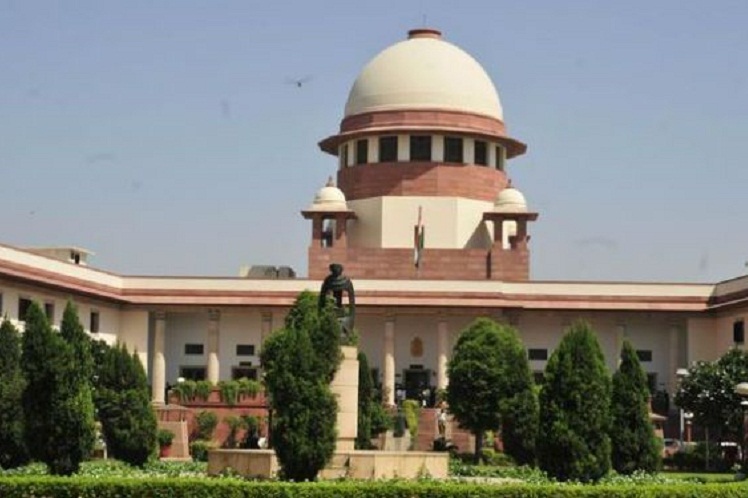The Supreme Court on Thursday rejected a request that wanted recognition to divorce dictum passed by canonical courts to Catholic couples. A jury of Chief Justice Jagdish Singh Khehar and Justice D.Y. Chandrachud dismissed the public interest law-suit filed by Bengaluru-based Clarence Pais. Clarence urged that divorces granted by canonical courts should also be recognised as valid as legal divorce.
As per the petitioner, if divorce decision passed by church courts were not acknowledged by the civil courts, a large number of Christian men will face prosecution for bigamy under the Indian Penal Code, section 494 (prohibits and punishes remarriage if the spouse and valid marriage are surviving) if they remarried after getting favourable divorce via Church orders.
Section 494 deals with marrying again during the lifetime of husband or wife. “Whoever, having a husband or wife living, marries in any case in which such marriage is void by reason of its taking place during the life of such husband or wife, shall be punished with imprisonment of either description for a term which may extend to seven years, and shall also be liable to fine.”
The marriage and its dissolution by any authority other than the church is not recognised by the Christian laws. Marriages and divorces are accepted only if done under Church orders.
Pais’s petition is reffered to Article 372 of the Constitution, which provides for continuance of several existing laws and their adaptation even after coming into force of the Constitution.
Referring to Article 372, the petitioner said, “All the laws in force include not only the enactment of the Indian legislature but also the Common Law of the land which was being administered by the courts in India. This includes not only the personal laws — namely the Hindu and Mohammedan laws — but that of Indian Catholic viz. the Canon Law…”


















